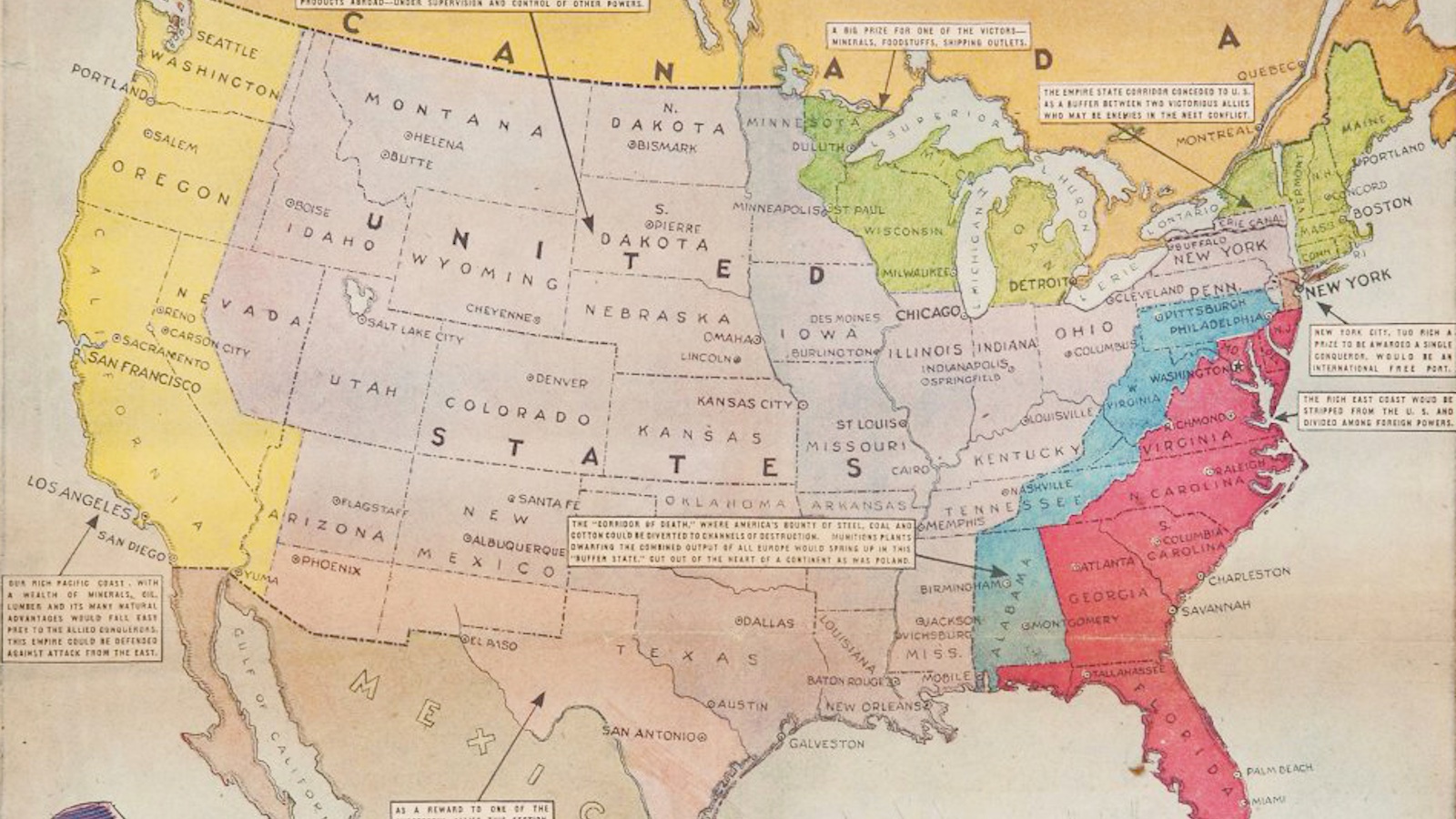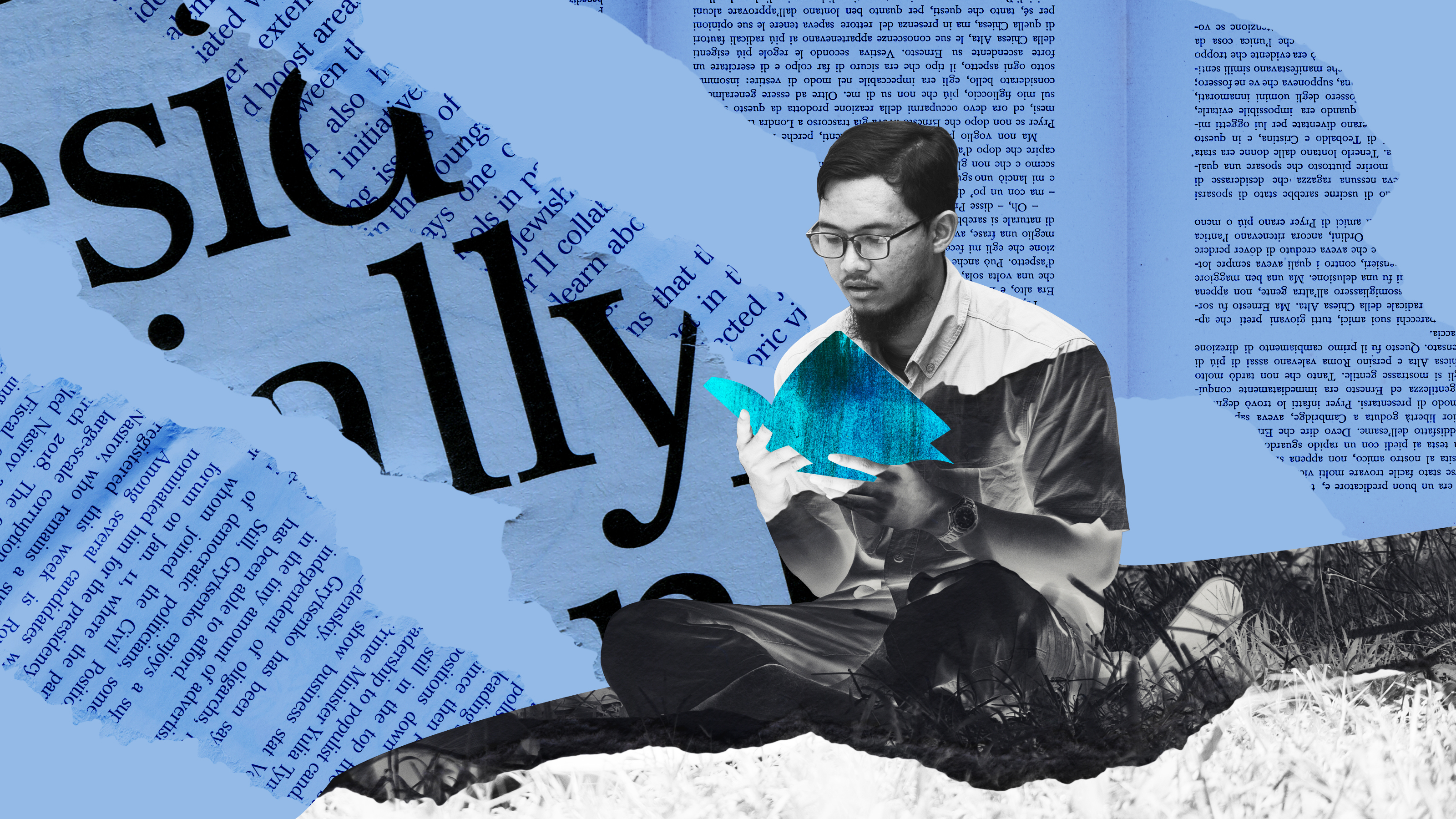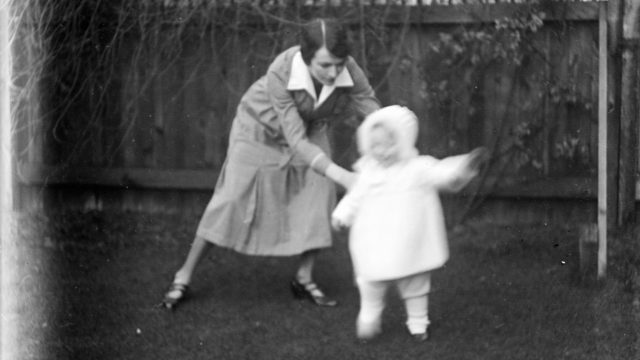Alternate history books that show how the world could have turned out

- Philip K. Dick’s The Man in the High Castle may be the most famous work of alternate history, but not the most historically accurate.
- Alternate history is difficult to write because it is hard to produce a narrative that is mass marketable and academically sound at the same time.
- These books are more than fun thought experiments; they help guard against deterministic thinking.
Perhaps the most famous alternate history novel is The Man in the High Castle. Written by Philip K. Dick — known for other bestselling thought experiments like Do Androids Dream of Electric Sheep? (a.k.a. Bladerunner), A Scanner Darkly, and The Minority Report — the novel takes place in a world in which the U.S., having lost the Second World War, is occupied jointly by Germany and Japan.
Interesting but inaccurate
One of the qualities that makes The Man in the High Castle so engaging is the degree to which Dick fleshes out the world that this alternate timeline would have created. In Japan-controlled San Francisco, Chinese-Americans have been turned into second-class citizens while Blacks have been re-enslaved. Chaos spreads across the globe when top Nazi Reinhard Heydrich challenges propagandist Joseph Goebbels’ inauguration as German Chancellor. Allied rebels convene in secret to read The Grasshopper Lies Heavy, an alternate history book (inside an alternate history book) about a world in which Adolf Hitler lost.
While the well-realized setting of The Man in the High Castle is believable, its premise is anything but. This is because Dick was a writer first and historian second. Although he briefly studied history at the University of California, Dick, like most writers of alternate history books, has the historical knowledge of a passionate amateur rather than a seasoned professional. His ultimate goal was not to better understand the past, but to tell an interesting story.
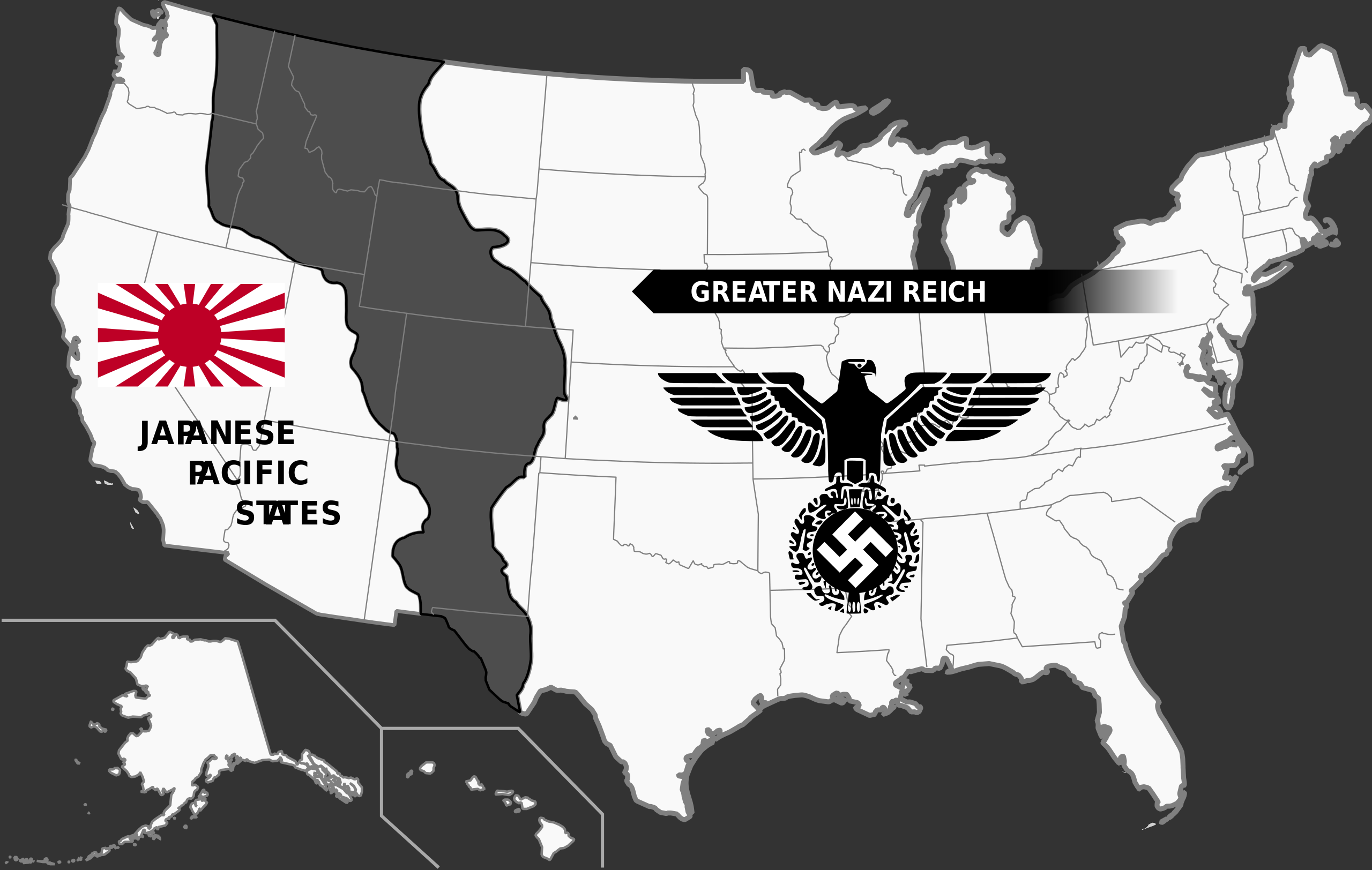
When subjected to historical as opposed to literary analysis, The Man in the High Castle falls flat. “The possibility of [a Nazi victory],” Gavriel Rosenfeld, historian and author of The World Hitler Never Made: Alternative History and the Memory of Nazism, told Thrillist in the wake of the book’s lackluster Amazon adaptation, “is pretty much nil” because “the Nazis simply didn’t have the resources to win a war in Europe or North Africa, let alone take it to North America.”
Alternate histories of Washington and JFK
The Trial and Execution of the Traitor George Washington holds up better than The Man in the High Castle. This is for two reasons. First, its scope is smaller. Instead of constructing a whole society over an extended period of time, the novel — which follows the events outlined in the title — zooms in on a particular hypothetical event. Second, its author, Charles Rosenberg, tackles a topic that fits squarely within his academic and professional expertise. A graduate of Harvard Law School who has taught courses on law and popular culture, Rosenberg reinforces the narrative with his knowledge of the legal proceedings that awaited the American revolutionary general had the British army succeeded in kidnapping him.
The same applies to a book titled Then Everything Changed: Stunning Alternative Histories of American Politics: JFK, RFK, Carter, Ford, Reagan. Written by the speechwriter and political analyst Jeff Greenfield, it asks how American history would have turned out had John F. Kennedy been assassinated not by Lee Harvey Oswald but by Richard Pavlick. Pavlick, a postal worker, had intended to kill JFK with dynamite in 1960, but ultimately decided not to for fear the blast would harm his wife and children. Pavlick was arrested before he got another shot at the president, but what if he had succeeded? Would Lyndon Johnson, JFK’s Vice President, been able to finish his term? Or would his brother, Robert F. Kennedy, who hated Johnson, have taken the White House from him?
The book’s lengthy, somewhat unimaginative title promises a level of academic rigor absent in The Man in the High Castle. But Greenfield also separates himself from Philip K. Dick through his point of inquiry. The outcome of the Second World War was dependent on so many factors that an Axis victory would have been highly implausible. The alternate timeline presented in Then Everything Changed is a lot more probable because it hinges on the actions of a single person in a single moment in time. Like the snails that saved Taiwan by poisoning Communist soldiers during the Chinese Civil War (look it up), Pavlick’s inaction inadvertently rewrote the course of human history.
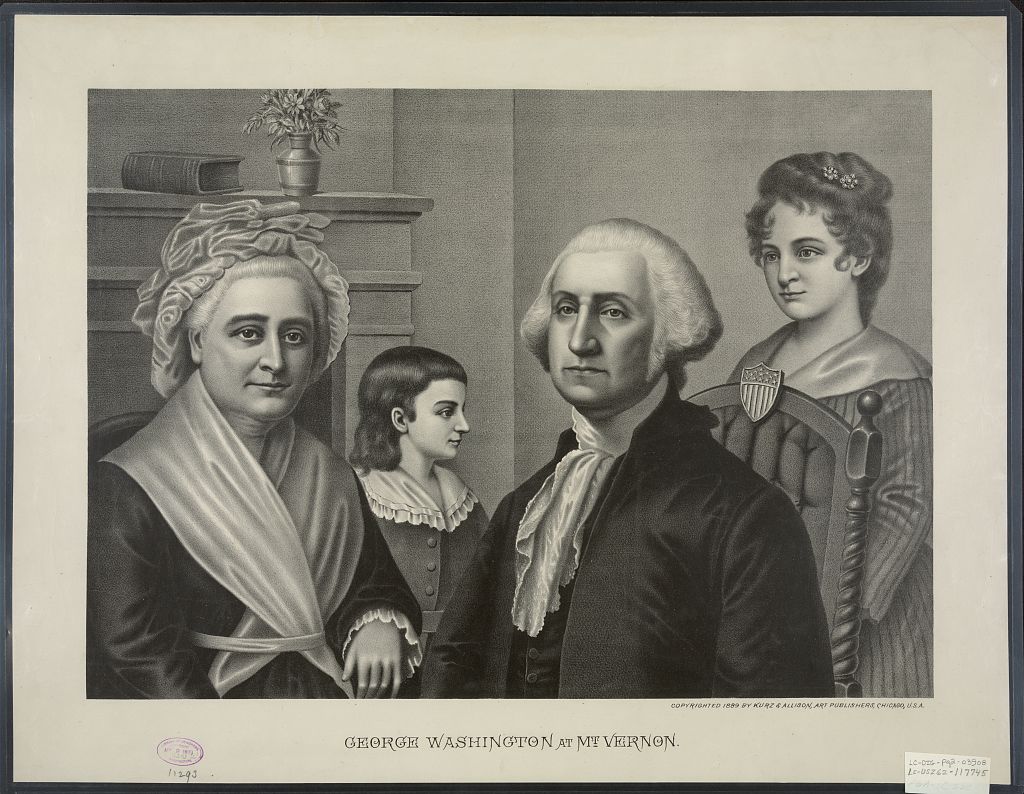
Historically accurate alternate history
Then Everything Changed stands in stark contrast to another alternate history book built around the JFK assassination. In Stephen King’s 11/22/63, a high school English teacher travels back in time to find and stop Oswald from pulling the trigger. Greenfield’s book doesn’t have chase scenes or Mexican standoffs. Nor does it mess with time travel. Instead, it focuses on the interpersonal relations between America’s top politicians. While not as exciting to the average reader, it is exactly those relations that — in the real world — influenced everything from America’s elections to its foreign policy.
Alternate history books written by historians tend to be less popular than those by writers, journalists, or even lawyers, partly because historians prefer to stick to actual research and partly because it’s difficult to produce a narrative that is mass marketable and academically sound at the same time.

